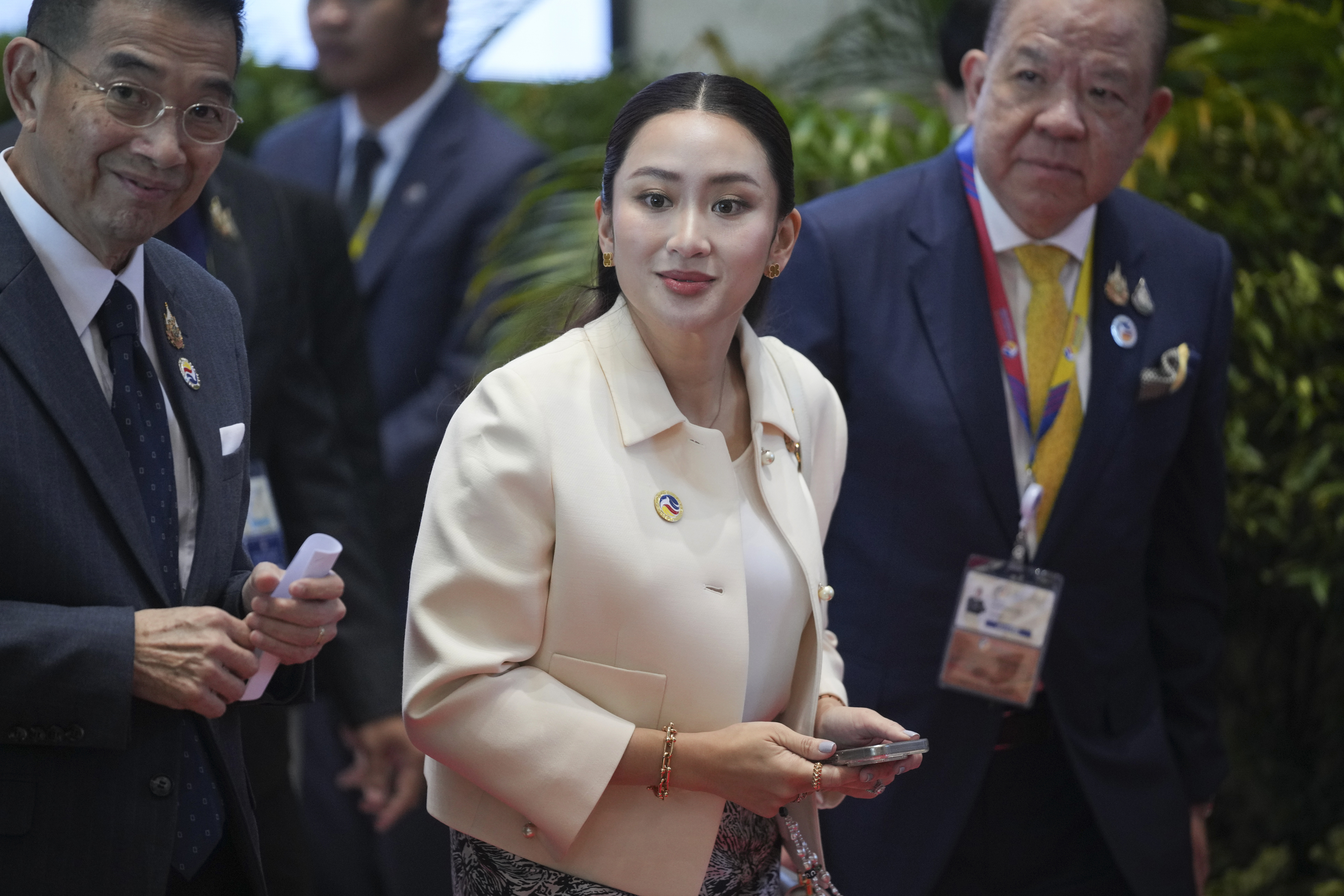
Thailand’s Prime Minister Paetongtarn Shinawatra ruled out any immediate move to increase the value-added tax after a proposal by the finance minister to more than double the levy drew criticism from the opposition and a key member of the ruling coalition.
The tax will not be raised to 15 percent, Paetongtarn said in a post on X on Friday, after discussing the issue with Finance Minister Pichai Chunhavajira and her Policy Advisory Board. The Finance Ministry is studying changes to the existing tax structure in what will be a comprehensive review aimed at reducing inequality and boosting the country’s competitiveness, she said.
ALSO READ: New Thai PM outlines plans to tackle economic woes in policy address
Such reviews often take a long time and some countries have taken about 10 years to change tax rates, Paeotongtarn said. Her administration is focused on policies to reduce the cost of living, creating new income-generating avenues and increasing the efficiency of the public sector, the premier said.
Paetongtarn’s clarification came days after Pichai mooted the idea of hiking the consumption tax to 15 percent from the current 7 percent to address income inequality and mobilize funds for public investment to boost a sluggish economy. Thailand has retained VAT at the current level since 1999, though several governments in the past have discussed raising the levy to 10 percent. Neighboring Indonesia is planning to raise VAT to 12 percent from 11 percent starting next year.
READ MORE: Thailand kicks off first phase of $14 billion ‘digital wallet’ stimulus scheme
The plan to raise the levy on goods and services was slammed by the main opposition People’s Party, which asked the government to study the implications before proposing specific tax reforms. The United Thai Nation, a military-backed party in the ruling coalition, also opposed any bid to raise the VAT, saying it will boost prices of goods and services and hurt the poor.
Pichai has also advocated slashing income tax rates to 15 percent from a peak rate of 35 percent currently to position Thailand as a competitive destination for foreign investment. The country will also need to lower the corporate tax to 15 percent from 20 percent currently if it succeeds in its bid to join the Organisation for Economic Co-operation and Development.
ALSO READ: Thai PM to attend key river summits
Thailand’s tax-to-GDP ratio has remained more or less stagnant around 17 percent since 2007, below the Asia and Pacific average of 19 percent and 34 percent for OECD member countries, according to the organization. VAT made up about 25 percent of Thailand’s total tax collection in 2022, according to OECD estimates.



